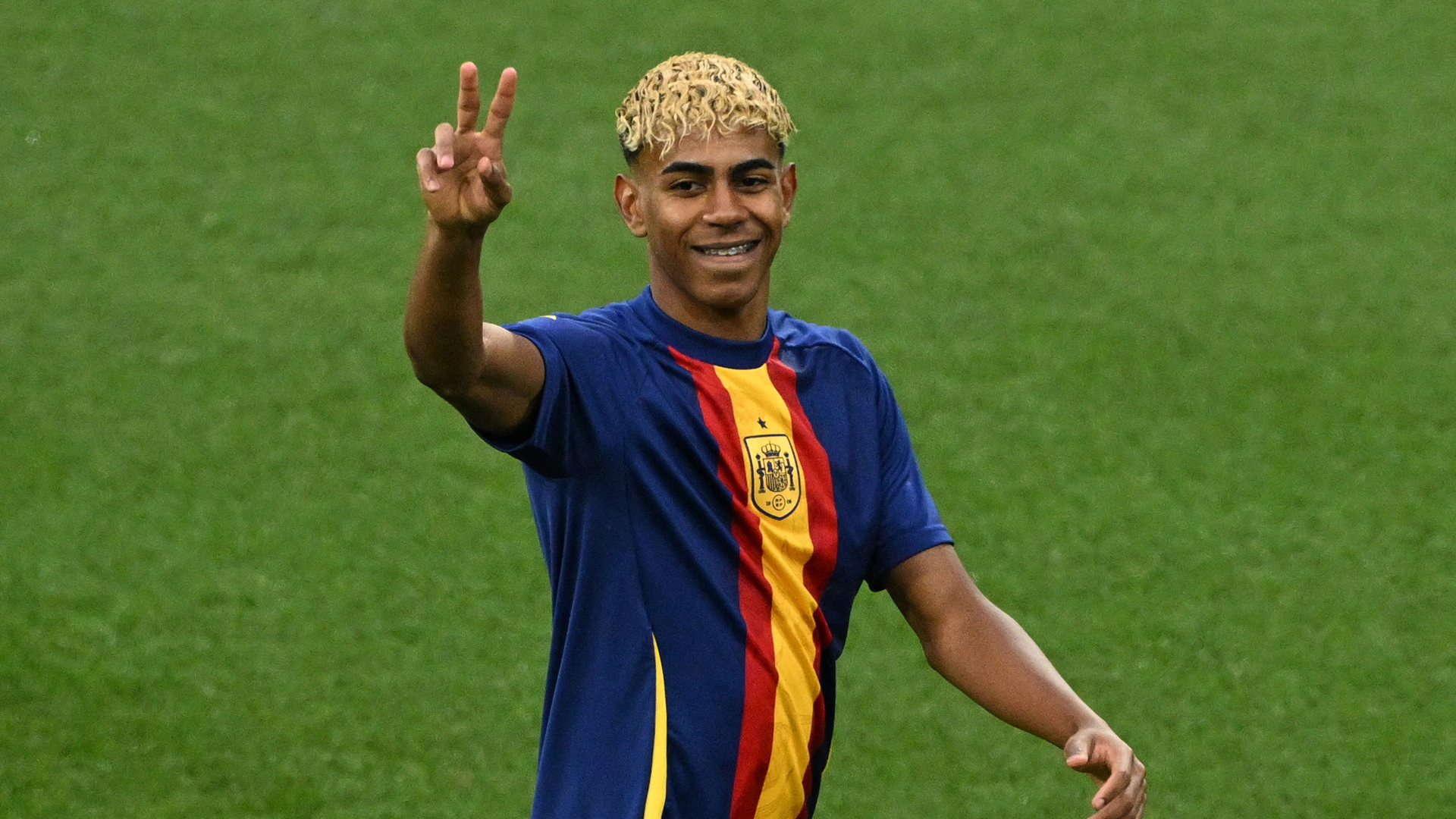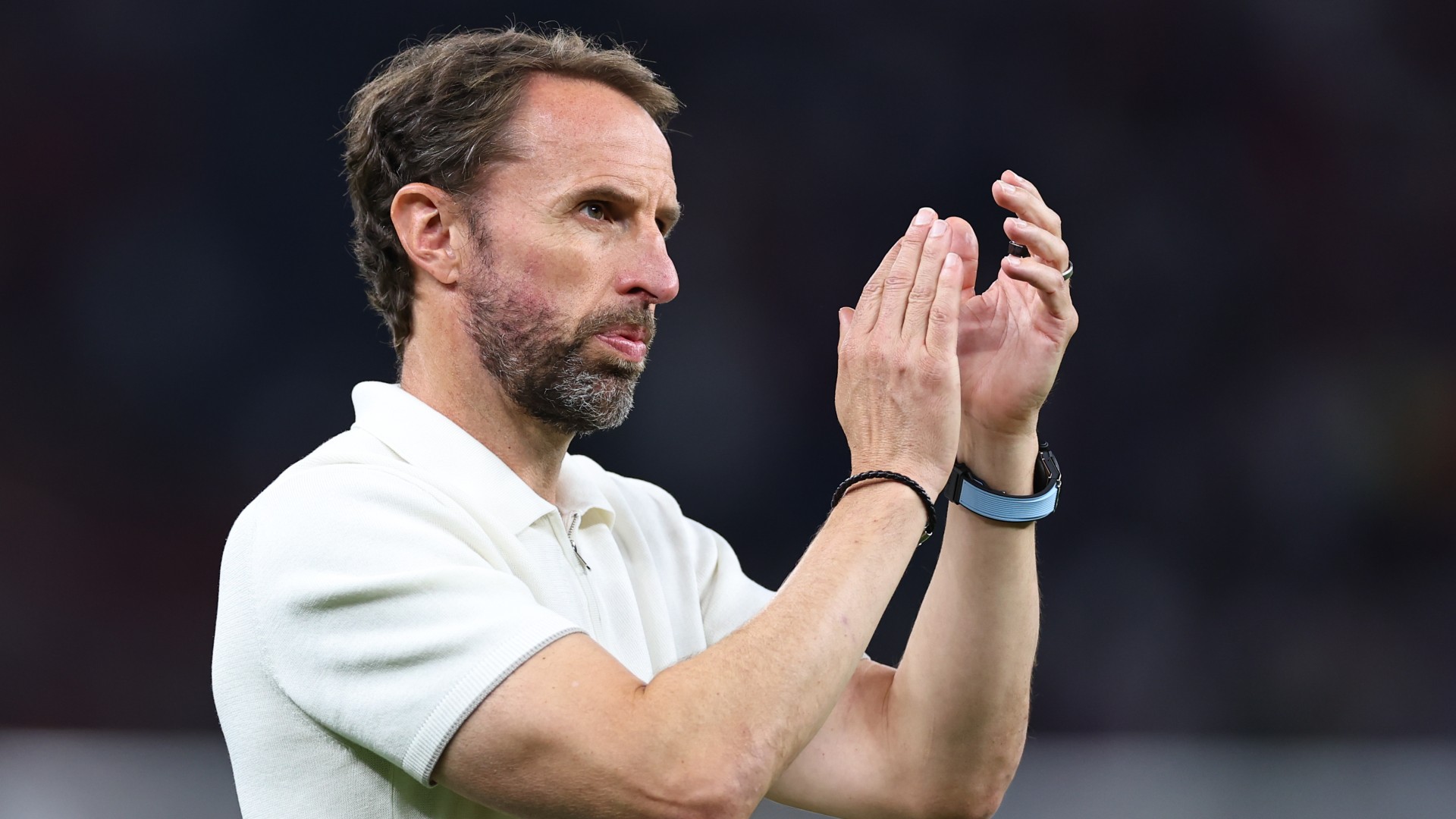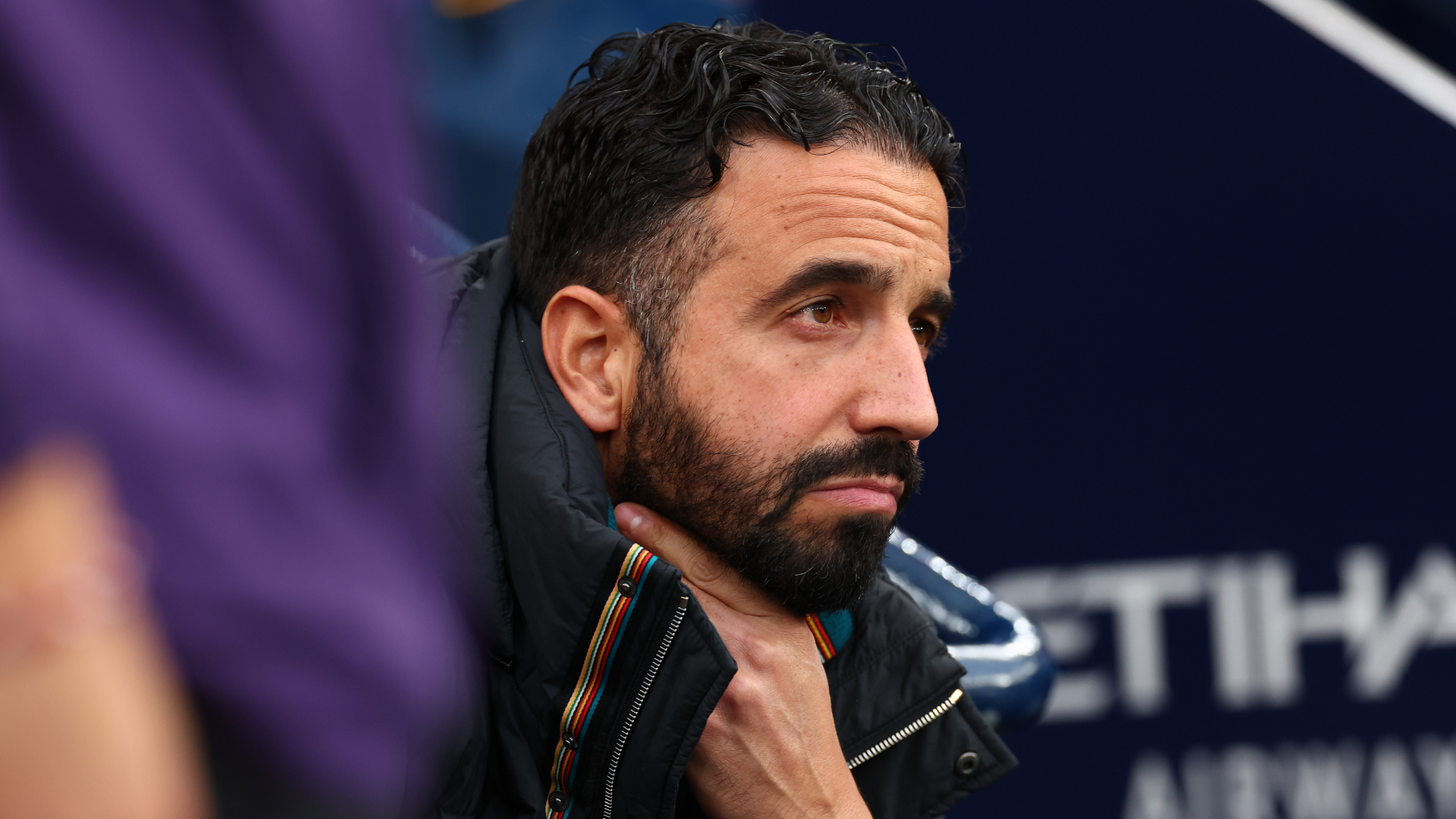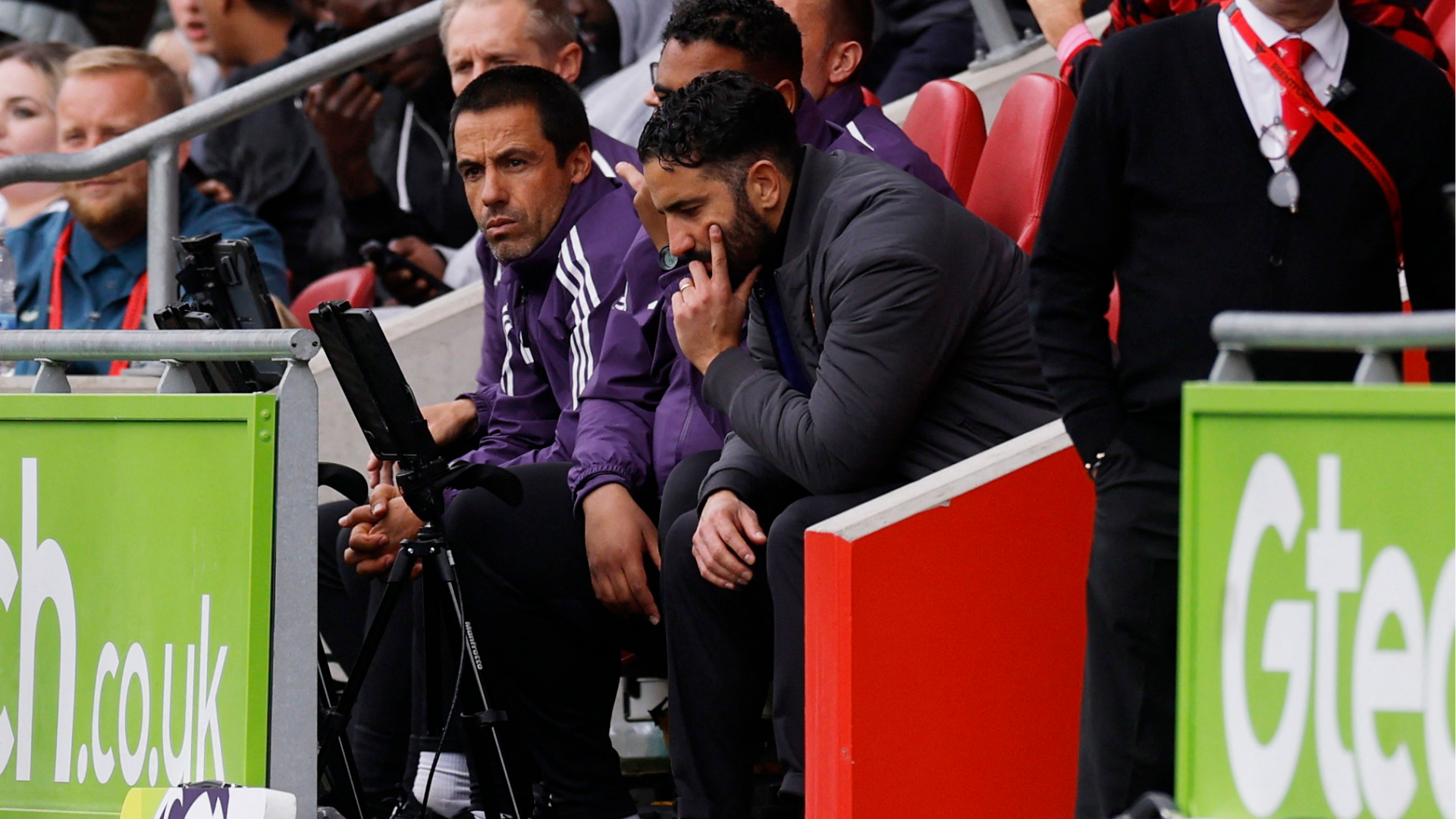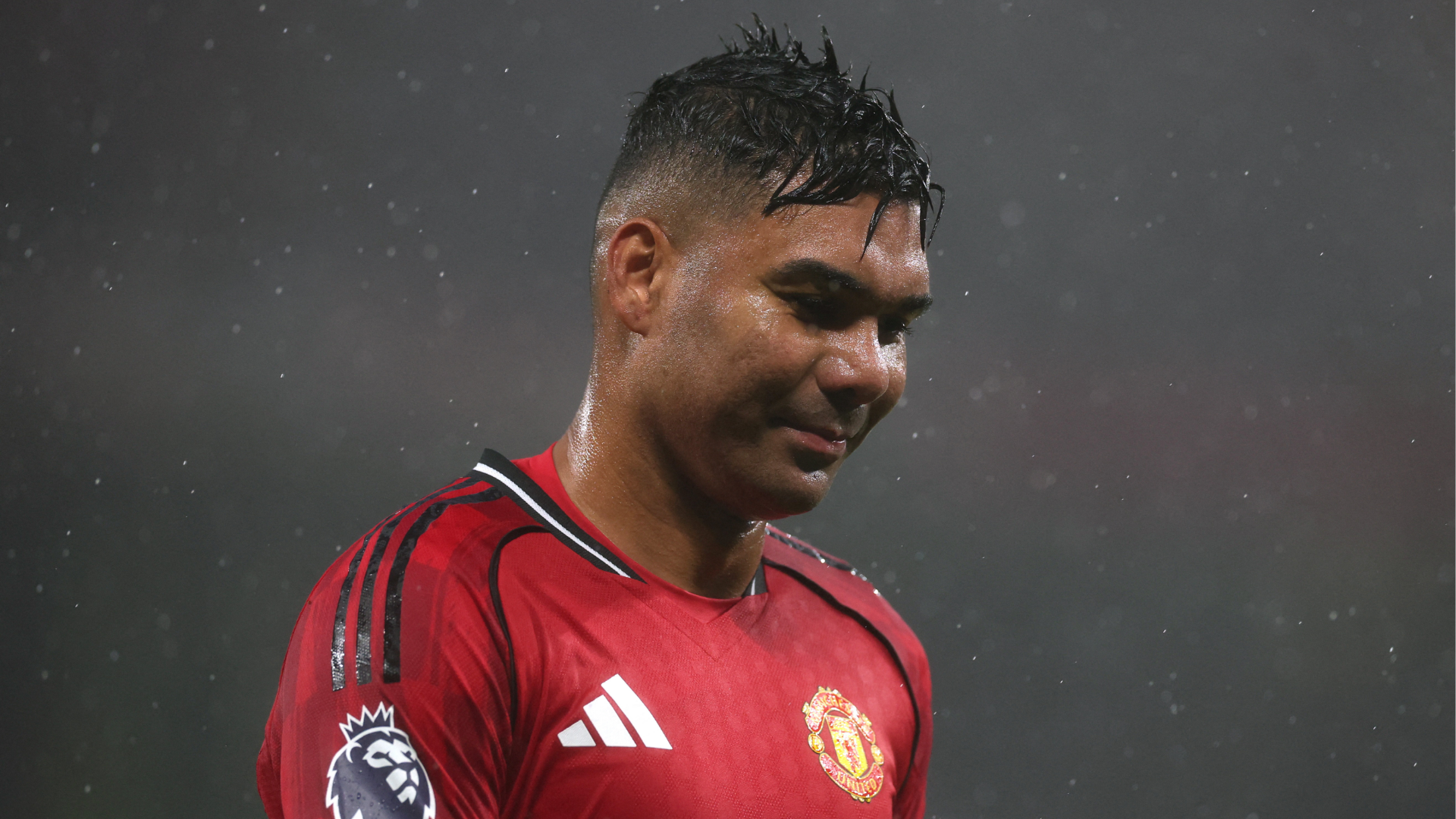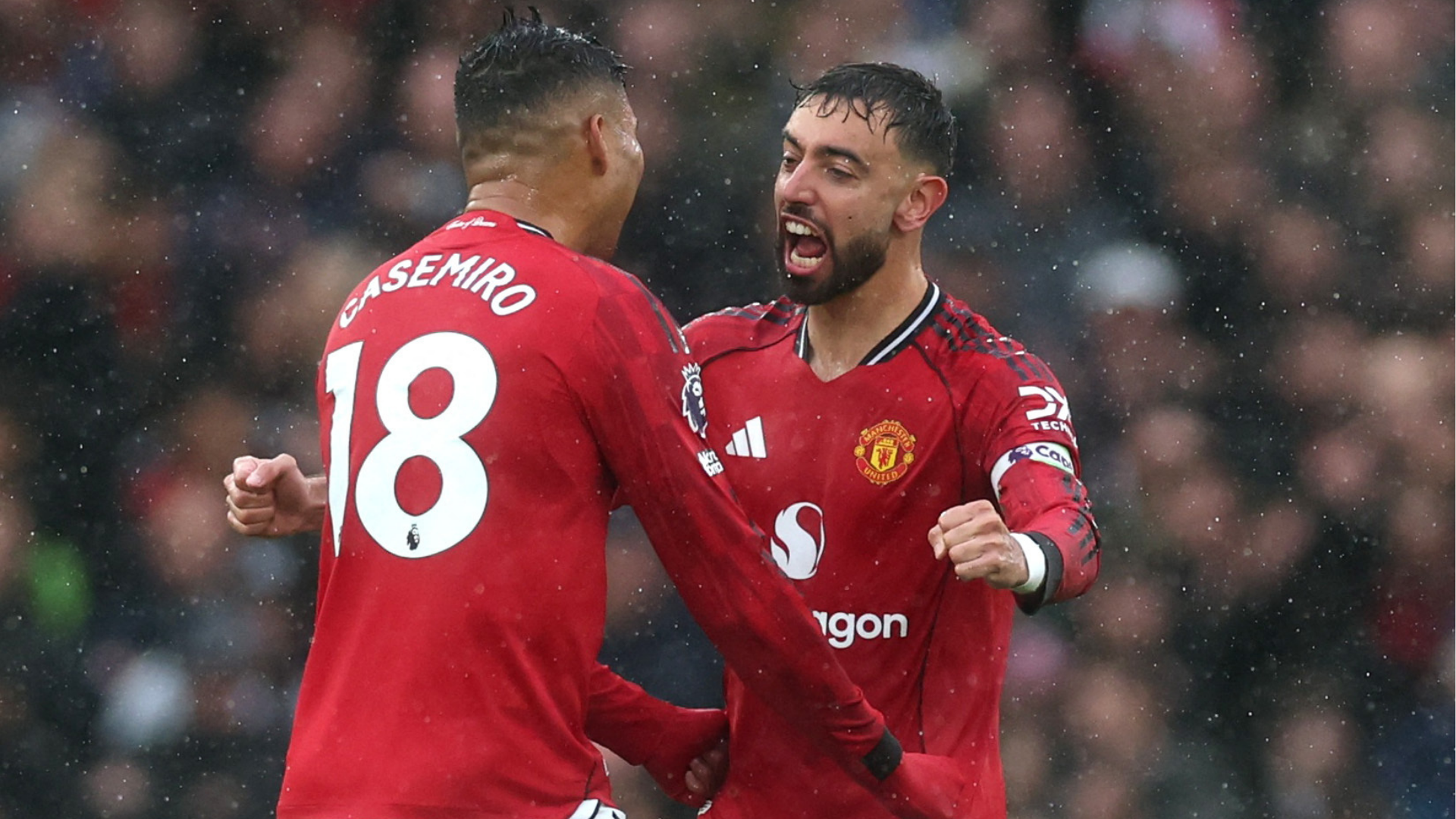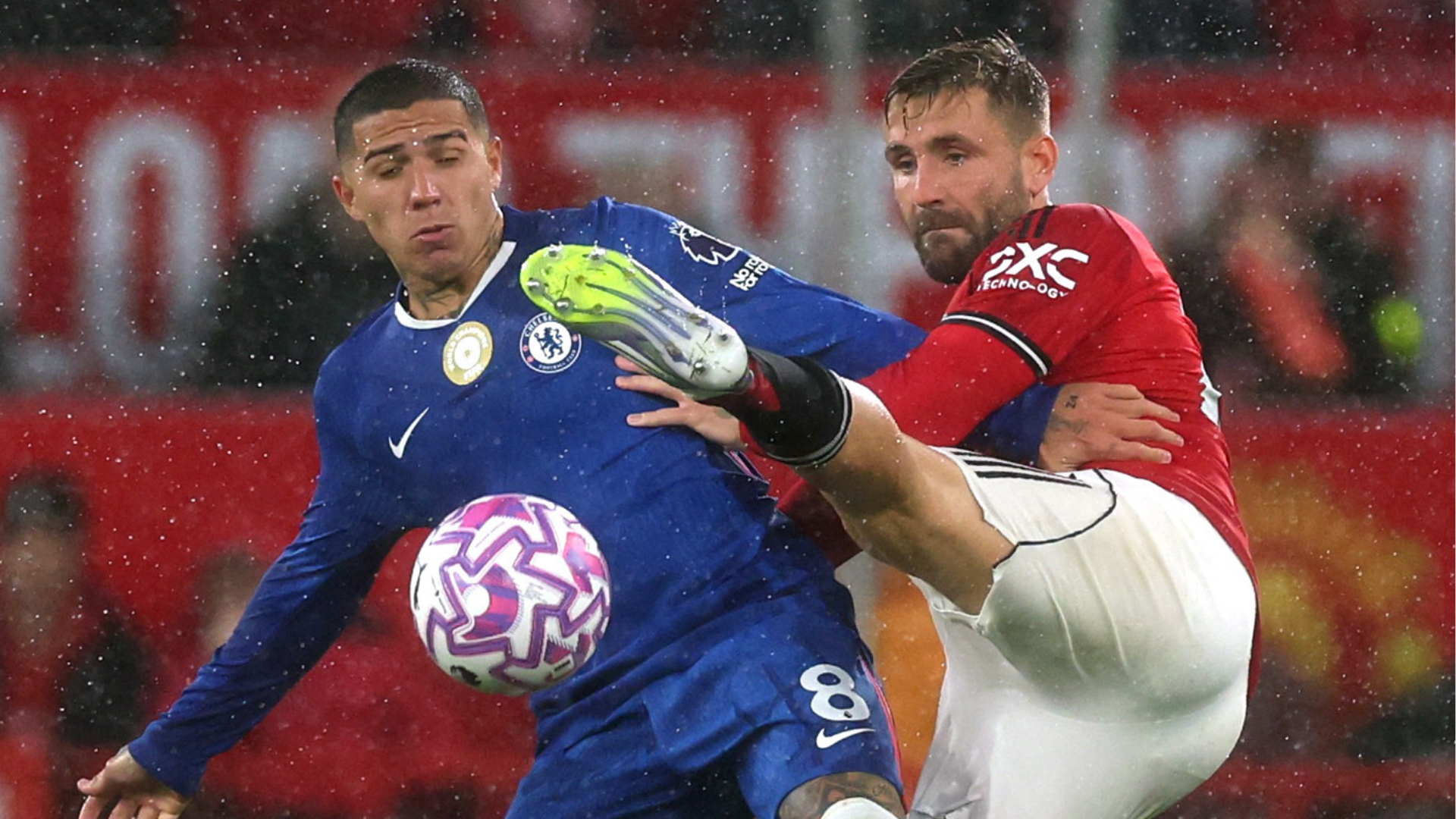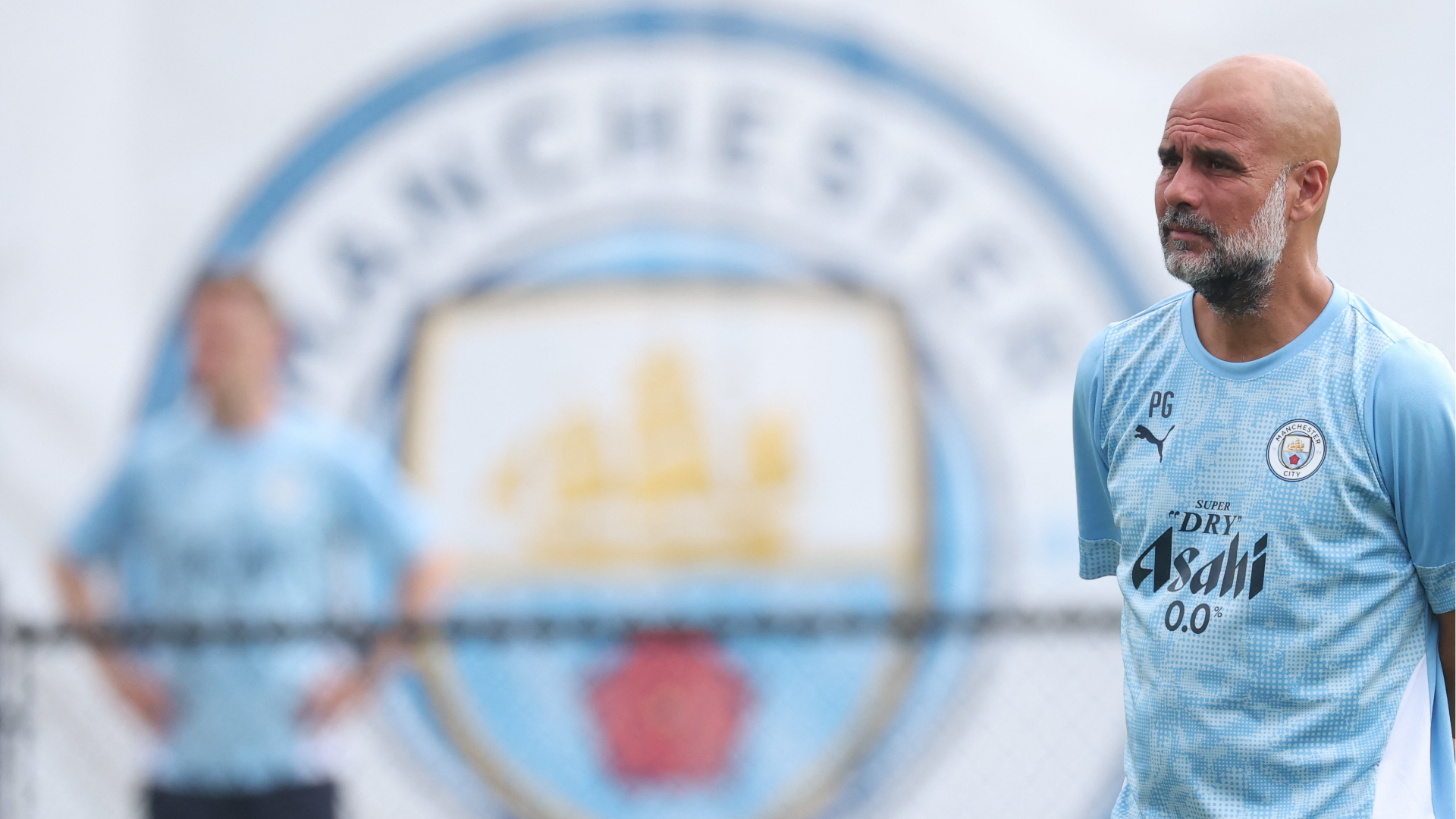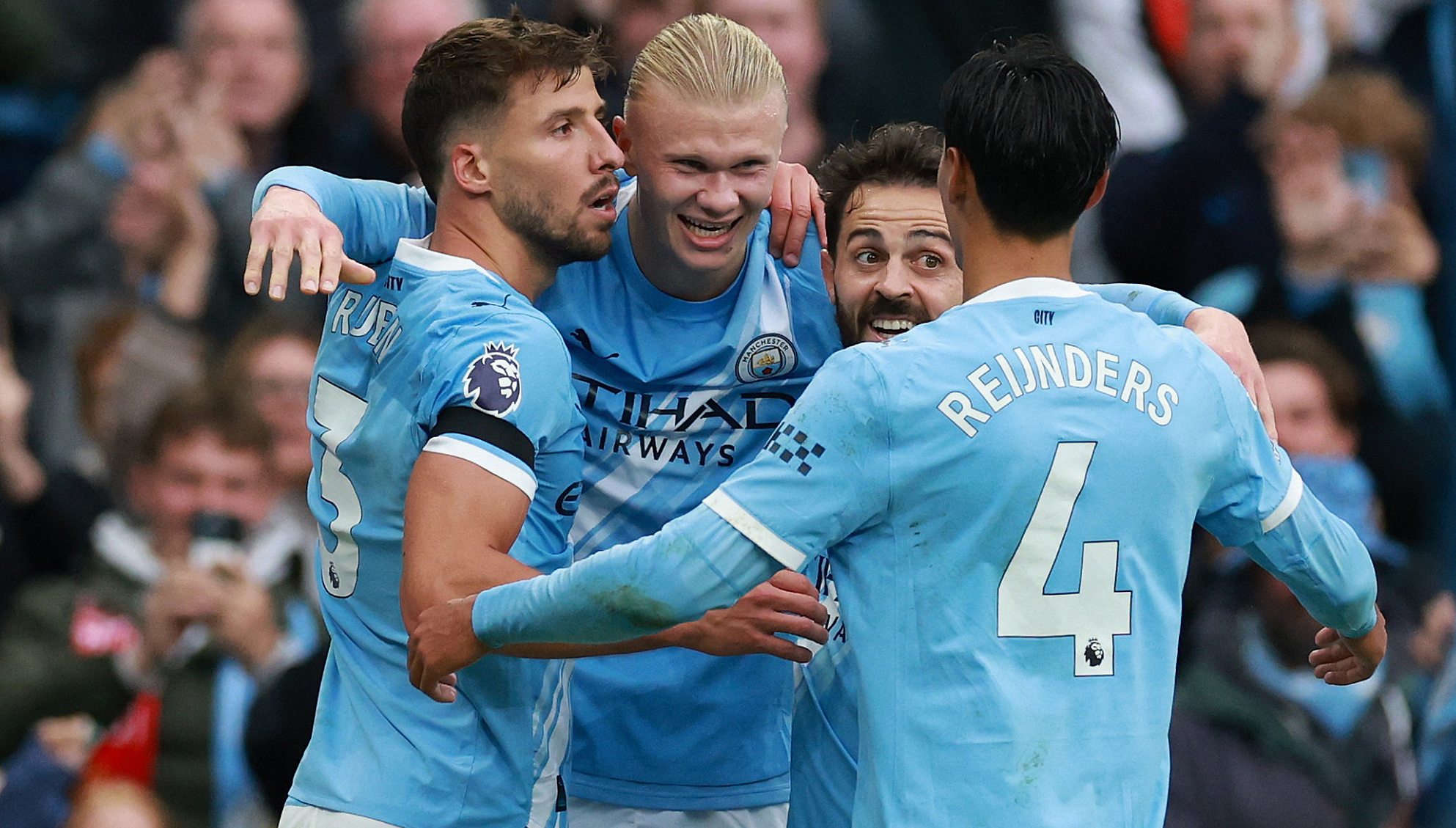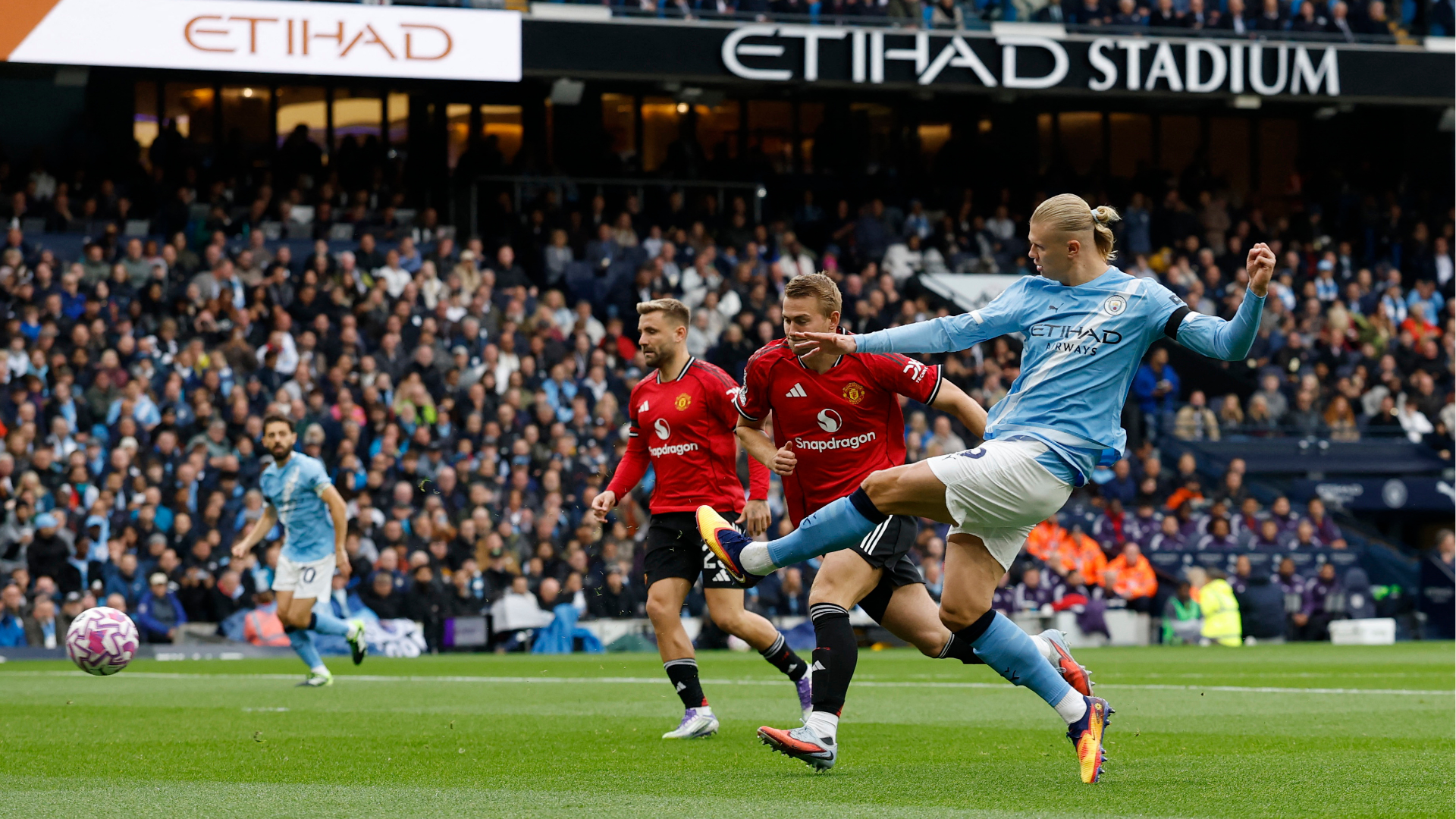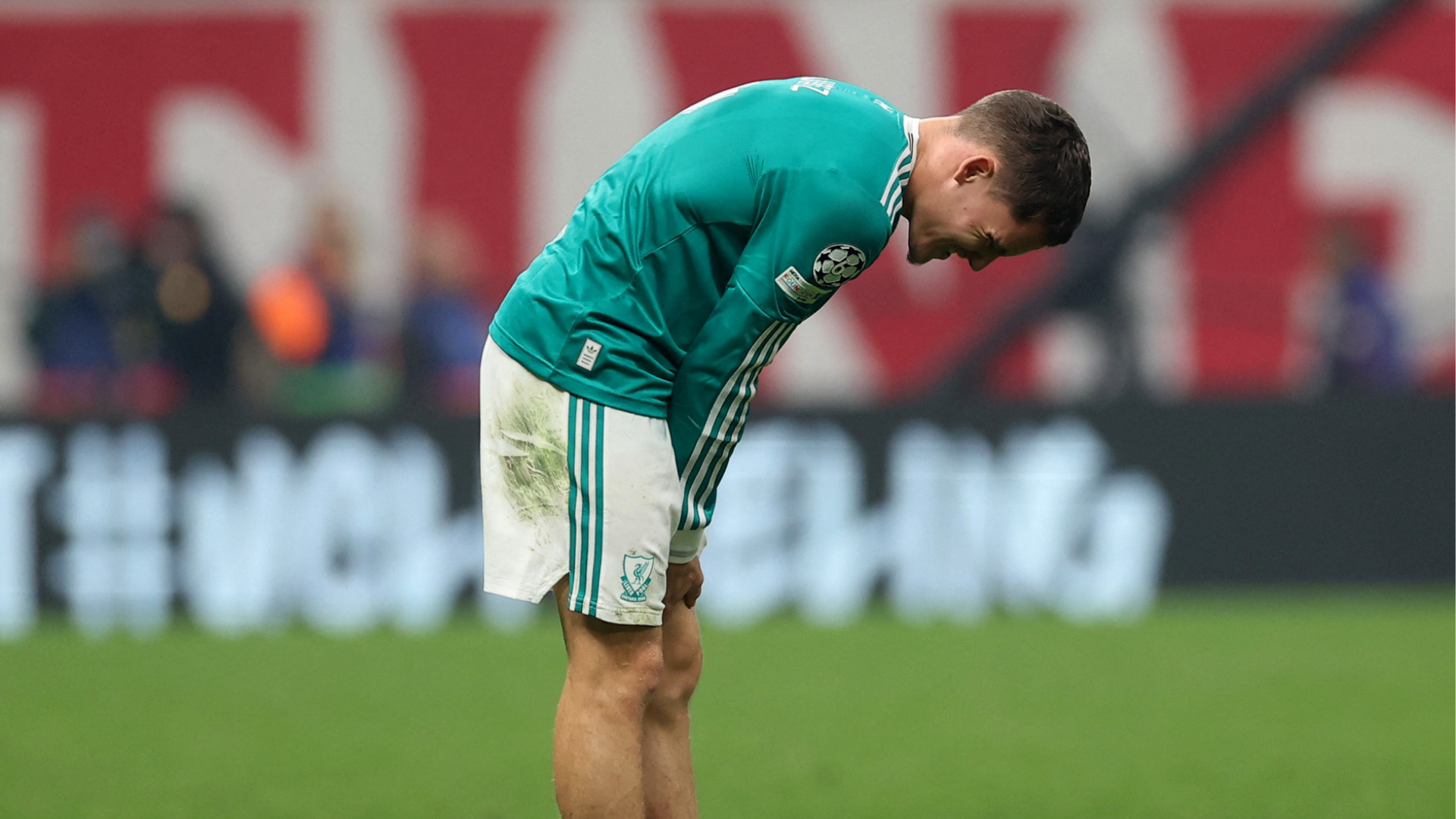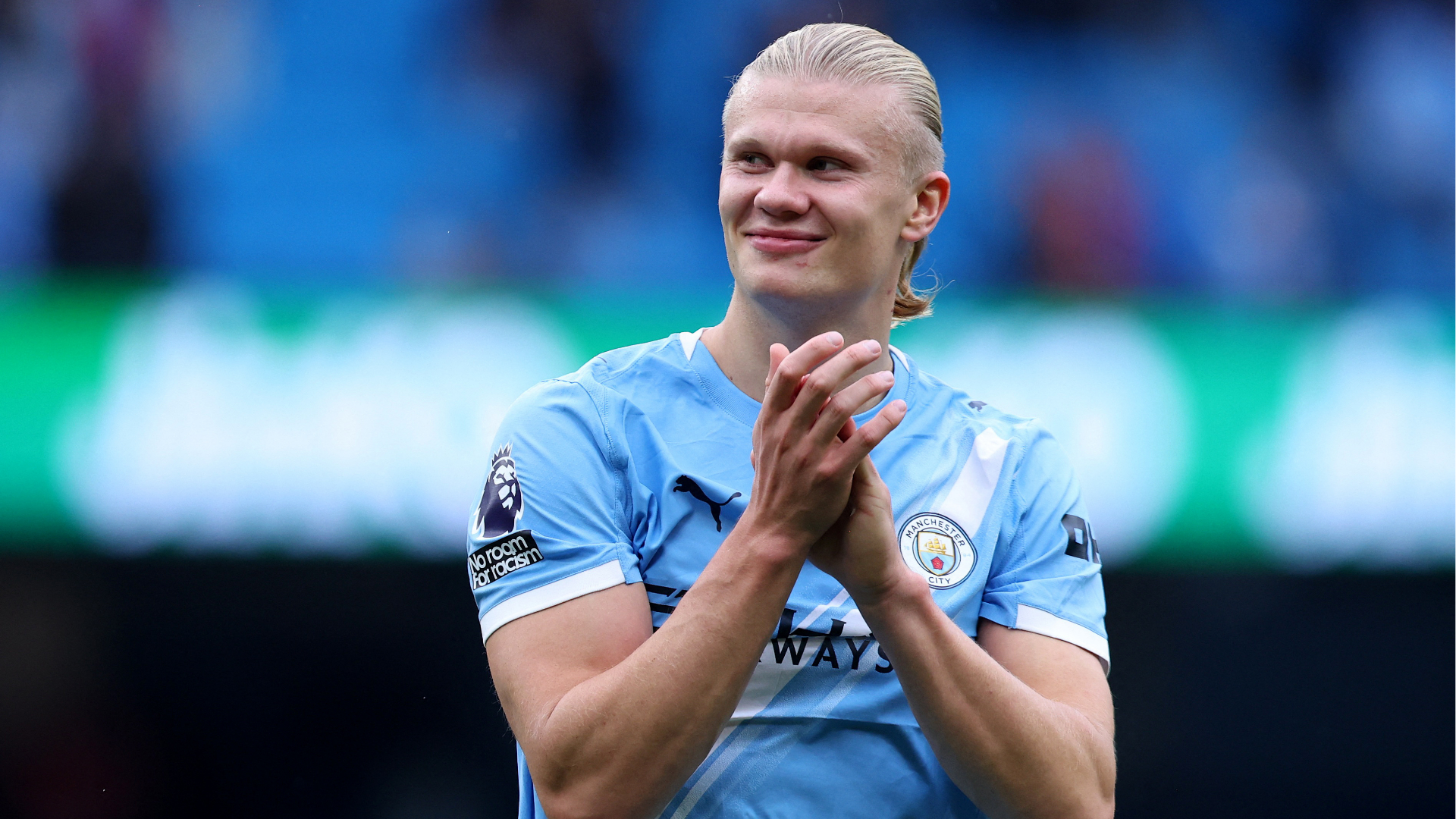Ruben Amorim Told He Is Not the Problem at Manchester United
New scrutiny on Manchester United suggests the club’s real woes go beyond Ruben Amorim, with critics calling for a back-to-basics approach to revive fortunes.
Ruben Amorim’s tenure at Manchester United has come under the microscope as their struggles continue, but prominent voices are insisting the problem runs deeper than the manager.
Brought in last November with high expectations after his success at Sporting CP, Amorim inherited a fragile squad hoping for a turnaround.
However, a disappointing run of results has renewed public criticism, and a clear message has emerged: United needs to “go back to schoolboy football,” a plea for the team to rediscover football’s core principles and fundamentals rather than looking only to the coach for solutions.
This refrain reflects frustration from fans and pundits alike, who believe too much blame is being directed at the dugout, while issues of team mentality, tactical discipline, and on-pitch basics persist. The call is for simplicity, unity, and a renewed focus on what first made the club formidable.
Amorim’s Struggles and Honest Assessment
Despite possessing a respected résumé, Amorim has faced mounting obstacles since arriving at Old Trafford. Reports highlight a string of poor results, tactical inconsistency, and squad morale issues, all fueling rumors about his long-term future at the club.
Still, Amorim’s own assessment has remained candid, he acknowledges that the team “forgot how to play football” in crucial moments.
Amorim’s transparency has been met with both support and skepticism. While he admits the team needs to “grow up a lot,” critics suggest that adaptability and clear leadership are just as vital. Some even argue the squad is more comfortable on the back foot, lacking the characteristics needed for proactive play—underscoring the need for both managerial vision and player accountability.
A Club Searching for Identity
The debate over Manchester United’s shortcomings has ignited broader discussion about its identity in the post-Ferguson era, with the sense that no single manager can fix deeply rooted problems overnight.
While Amorim is under pressure, the latest wave of criticism signals a growing consensus: rediscovering the basics and prioritizing collective responsibility may be the team’s only route out of mediocrity.











